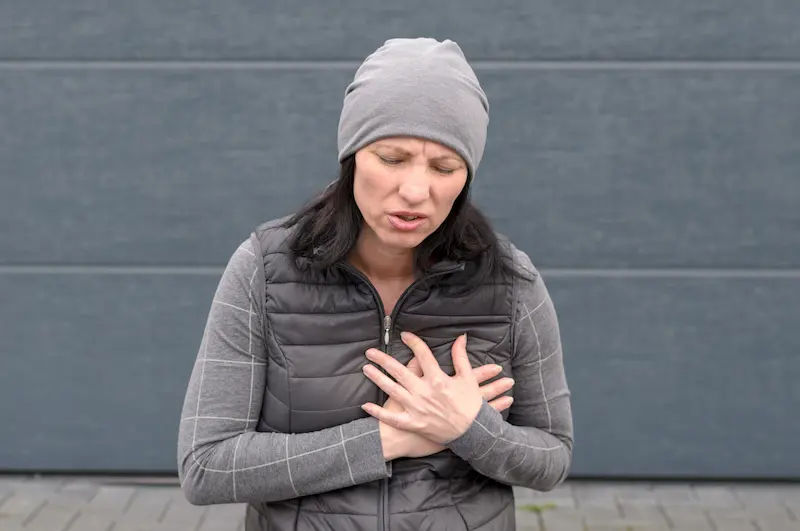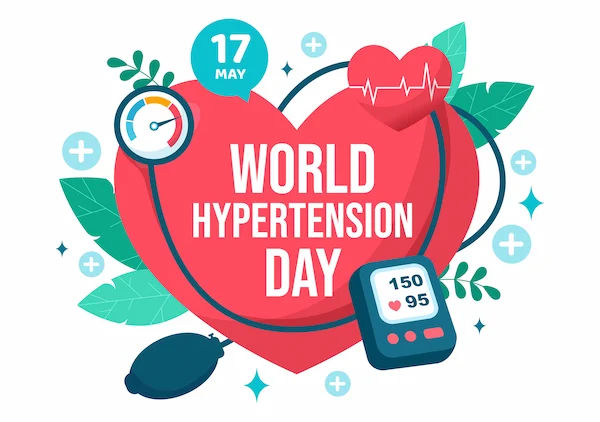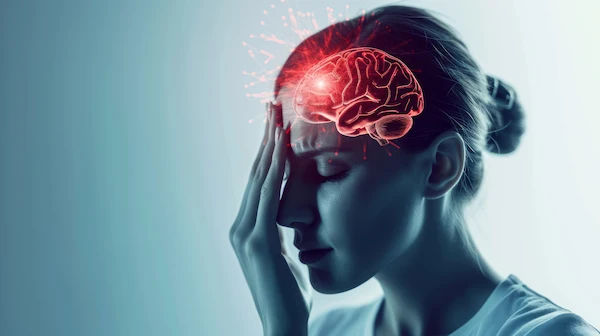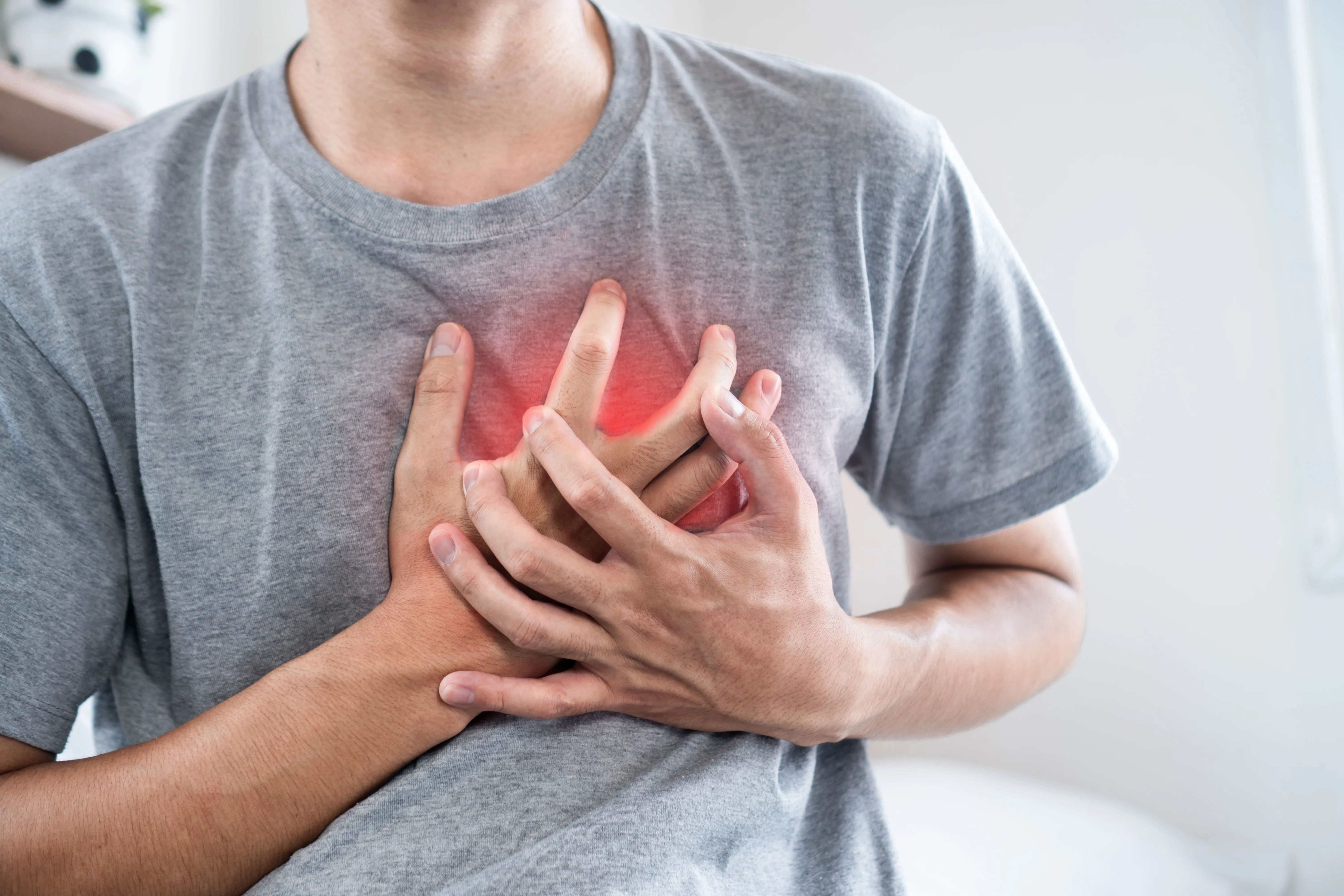- Male
- 29 Years
- 07/02/2025
I've been having this sharp pain at the bottom of my chest and when I talked to a doctor about it, they mentioned it might be due to gas. They advised getting an ECG, which I did, and I've attached the results here. I smoke about 3 to 4 cigarettes a day and have been eating out quite a bit recently because of work travel. I'm 75kgs and 5 feet 7 inches tall. What should I do next?
Answered by 1 Apollo Doctors
The sharp pain in the bottom of your chest could be due to gastritis caused by excess gas. Based on your ECG report, there are no significant abnormalities detected. However, smoking and consuming hotel food frequently can exacerbate your symptoms. To alleviate the gas and chest pain, you can take an over-the-counter antacid like Ranitidine 150mg twice daily before meals. Additionally, you should try to quit smoking or at least reduce the number of cigarettes per day. It is also advisable to avoid spicy and oily foods, and opt for a more balanced diet with plenty of fruits and vegetables. Regular exercise and maintaining a healthy weight can also help improve your symptoms.
Dr. Shubham Suggests...
Consult a Cardiologist
Answered 04/07/2025
0
0

More Cardiology Health Queries
View allMy mom has had diabetes for 10 years and has been experiencing chest pain while walking for the last 3 months. We just got her angiography report, and the doctor suggested bypass surgery right away. Does she really need the surgery based on the findings?
It's crucial to understand that while your mother's symptoms and diabetes history are concerning, a definitive answer to whether bypass surgery is necessary requires a detailed review of the angiogram findings and a discussion with her doctor. Bypass surgery isn't always the first or best option, and other treatment options may be available.
Answered by 1 Apollo Doctors
I'm worried because my heart rate is always above 90, even when I'm just relaxing. I've had Eclampsia with a high heart rate and blood pressure before, and my doctor prescribed Ivabrad 5 mg. They mentioned I could stop taking it after a month. I've got a month's supply left, and I'm wondering if I can keep taking Ivabrad to help with my heart health. Is that a good idea?
Ivabradine 5 mg is a medication commonly used to lower heart rate in certain heart conditions. Since you were prescribed this medication for a specific reason and advised to stop after a month, it is important to follow your healthcare provider's instructions. If you have remaining tablets and are concerned about your heart health, you can continue taking ivabradine as prescribed until you finish the course. However, it is recommended to consult with your doctor before starting or stopping any medication regimen.
Answered by 1 Apollo Doctors
Can I take Inderal 20 and Augmentin together? I'm on Inderal 20 twice a day. Is it safe to combine these meds? What do you suggest?
It is generally safe to take Inderal (Propranolol) 20mg twice a day with Augmentin (AmoxicillinClavulanic acid). However, it is always recommended to consult with your healthcare provider before starting any new medications.
Answered by 1 Apollo Doctors
Disclaimer: Answers on Apollo 247 are not intended to replace your doctor advice. Always seek help of a professional doctor in case of an medical emergency or ailment.





